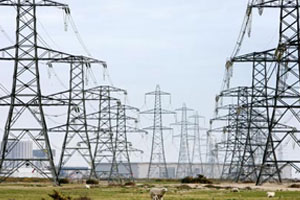
Hyderabad: The Hyderabad High Court has ruled that the arrest rates approved by the regulatory authorities of electricity are subject to scrutiny by the Court in appropriate cases.
While reversing the decisions of the power distribution companies of the ancient state of Andhra Pradesh, to collect energy charges in excess energy of the petitioner companies, Justice A. Ramalingeswara Rao said that although the Commission is a creature of statute, you can not claim any immunity for their actions. He said that when vitiated the decision making process; this Court can certainly interfere with the decision and annul the same.
Sri Dhanalakshmi Cotton & Rice Mills Private Limited Guntur and other industries moved to the court against the decision of the energy distribution companies, stating that while the types of retail rates are fixed, the Commission has not kept procedure prescribed in the provisions of the Electricity Act, 2003 and Rules framed business framework.
The petitioners argued that there was no reason to be in clubs contracted maximum demand and energy, which are independent and, although this point was decided earlier this court.The distributors claimed that the Commission has taken into account various aspects of the question and you need to give any opportunity to the consumers, as the price is decided.
While allowing the petitions, the judge said that when the Commission itself says that the energy charges and demand charges are two separate components; there was no explanation for mixing both components in the case of exceeding the contracted demand.
The judge ruled that if respondents had collected loads of energy in excess energy, which may or refund or adjust future bills of the petitioners.






















